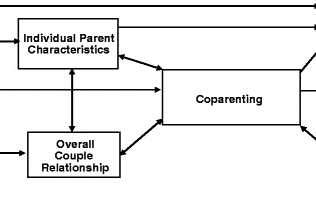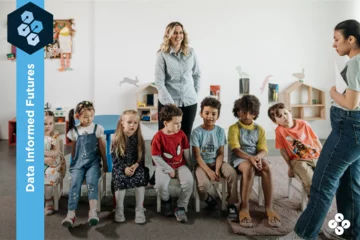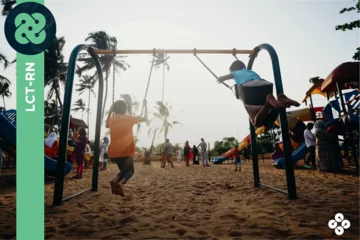We asked PI Mark Feinberg to give us an update on his new study which aims to combine the Family Foundations preventive co-parenting intervention with a financial coaching intervention.
Overview of the intervention
We have begun a line of work that seeks to mitigate disparities between low-income and wealthier parents and children by providing education and skills-based coaching to expectant, low-income parents in financial management and co-managing household and child-related financial matters. We are developing a new prevention approach by adapting and integrating two evidence-based models: (1) a model of financial education and coaching for low-income individuals deployed by Capital Good Fund, a Rhode Island-based non-profit working in six states; and (2) a preventive intervention developed at PSU that helps first-time parents build supportive coparenting relationships (Family Foundations; FF).
Why was this adaptation needed? How will it help to accelerate progress?
There is great potential synergy in integrating the two areas: Finances are a major source of conflict among couples, particularly low-income couples who already have a high level of financial instability. Financial strain and interparental conflict contribute to key factors that undermine children’s development and well-being: parental stress and depression, father disengagement, and harsh parenting. This innovative project will not only integrate financial education and coaching with support for positive, cooperative coparenting, but also develop new material that supports low-income parents in extending coparenting skills (communication, problem-solving, joint family management) to cooperation and coordination around financial responsibilities.
What makes this a life course intervention?
This approach is based in a life course health framework as financial strain and interparental conflict are linked risk factors for young children’s development, affecting basic physiological and psychological self-regulatory capacities with implications for health throughout the lifespan.

What are the next steps?
To create the integrated program, we are first conducting qualitative interviews with racially/ethnically diverse, low-income parents to understand their experiences and concerns in the pregnancy and early childhood periods. We will then develop the adapted program, gain feedback on the new material from low-income parents, and finally conduct a pilot test to assess feasibility and generate data to support an NIH RO1 application for a randomized trial.




